7 Countries that Lead the World in Eco-Tourism
Taking a holiday is one of life's great pleasures - and often boosts livelihoods and economies of developing (and developed) nations. But there is a darker side to tourism. Too many visitors can cause problems such as the over-crowding of popular locations, over-use of public transport, congestion, pollution, litter, land erosion and an increased cost-of-living for locals.
Over-tourism can ultimately be bad for both locals and tourists, since a destination may become less attractive, over-crowded and expensive.
However, there are a number of nations that have excelled in managing tourism in an intelligent way that does not damage the ecology or the image of their most popular tourist locations.
The trick is to balance the needs of the environment, business, local residents - and of course tourists.
Here are seven nations that are leading the world in eco-tourism.
Norway
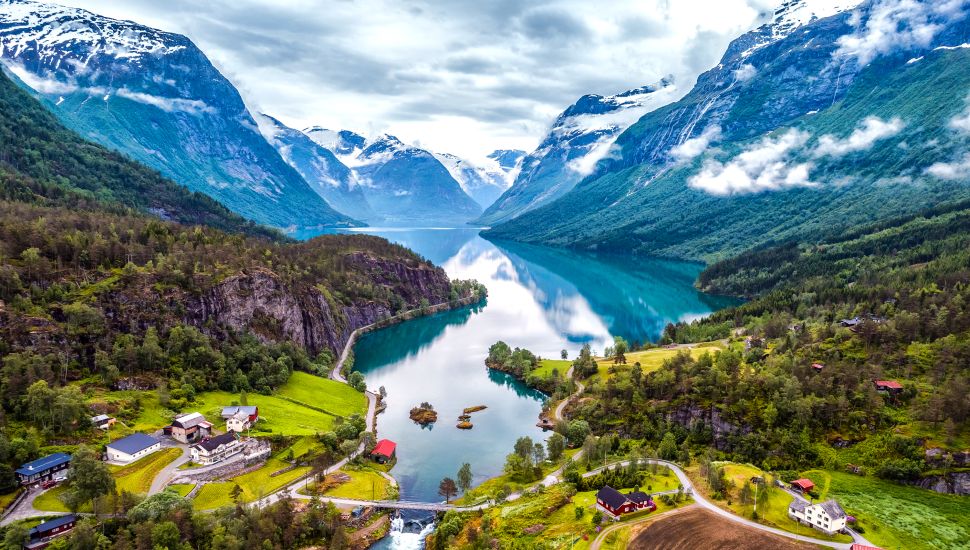
Norway has long put a heavy emphasis on ensuring tourism is carried out sustainably, with a particular focus on its fjords. The Norwegian fjords, headed by Fjord Norway, have become one of four pilot destinations of the Global Sustainable Tourism Council, in which Norway has become a beacon of sustainable tourism, helping to develop the GSTC's criteria. As part of Norway's approach, drilling for oil, hunting and fishing are all sensibly regulated. In Norway, the outdoors is where much of the nation's recreational life takes place - so they're dedicated to protecting it. And as tourists, we benefit too.
Costa Rica
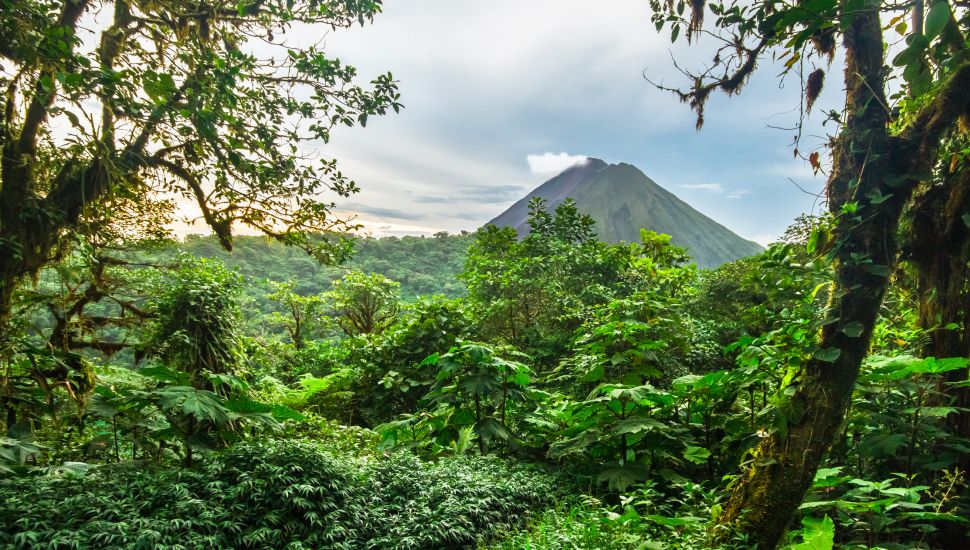
Costa Rica has long understood the importance of sustainable tourism in order to protect its natural environments - and to ensure people keep coming back! The South American country boasts idyllic coastlines on both the Pacific and Caribbean, as well as rainforest that cover nearly one-quarter of its landmass. While the rainforests are the main tourist draw, the nation also boasts incredible volcanoes and ravishing beaches, underlining the astonishing biodiversity it possesses. There is an abundance of eco-friendly resorts and accommodation options in Costa Rica.
Palau
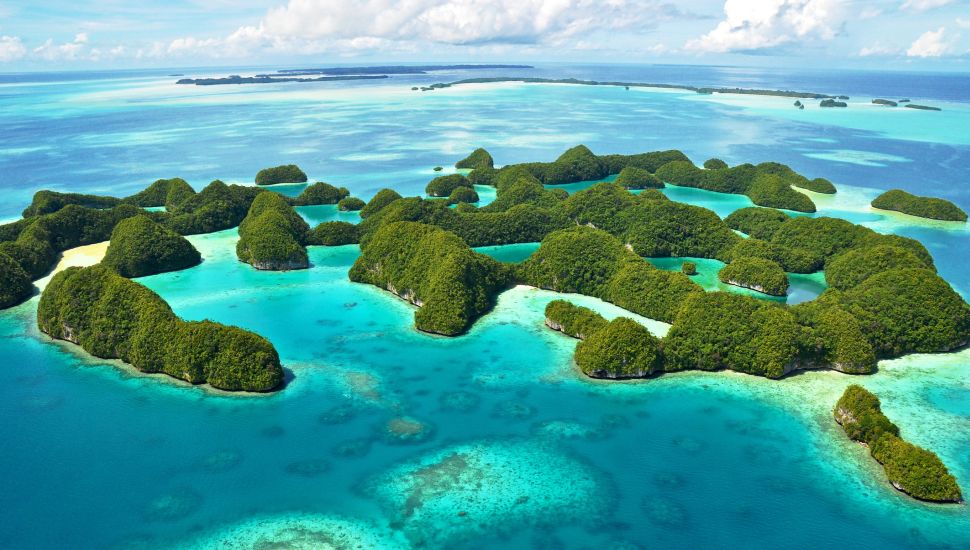
Part of Micronesia, Palau is an island nation in the western Pacific, well-loved for its beautiful beaches and coral reefs teeming with many fish species. The country protects its valuable reefs with a number of no-fishing zones. As part of its sustainability efforts, the nation runs the Palau Project in association with Blue Planet United, which invites students from around the world to learn about Palau while supporting eco-tourism.
Kenya
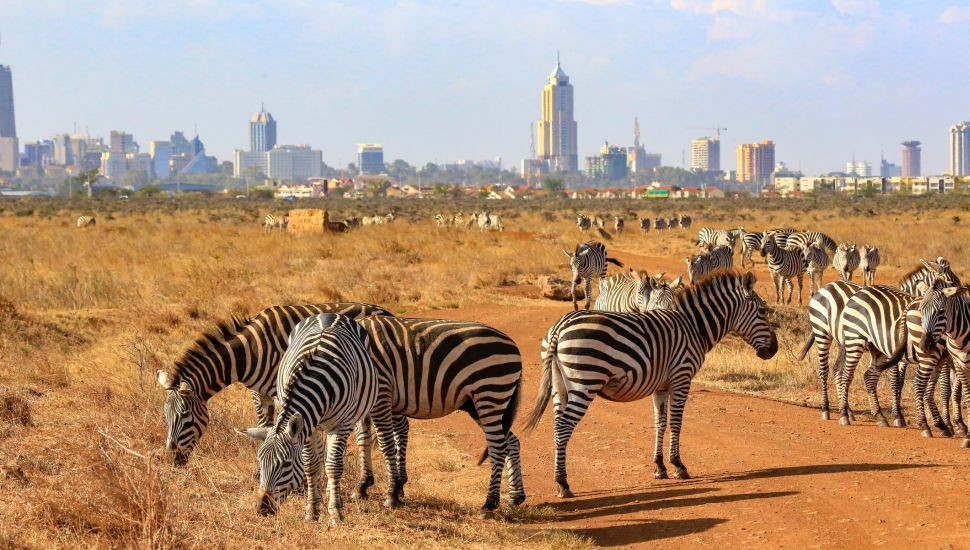
When you think of safaris, chances are you think of Kenya. Its grasslands are home to lions, rhinos, giraffes and numerous bird species - but the nation also boasts first-rate mountains, beaches and coral reefs. While poaching remains a big problem, Kenya is working hard to eradicate it. Increasingly harsh sentences for poaching demonstrate how seriously the nation takes the problem - not least because it threatens its valuable tourist industry.
Antarctica
Adventurer Colin O'Brady recently crossed the Antarctic landmass on foot, further raising the profile of this astonishing part of the world, which is heavily protected. Brady wasn't even allowed to go for ‘a number two' in some areas (he had to take it with him). However, more down-to-earth tourists don't have to mirror O'Brady's herculean feat - they can enjoy boat trips to see the region's icebergs, whales and penguins. All this private sector activity is overseen by The International Association of Antarctica Tour Operators.
Galapagos Islands
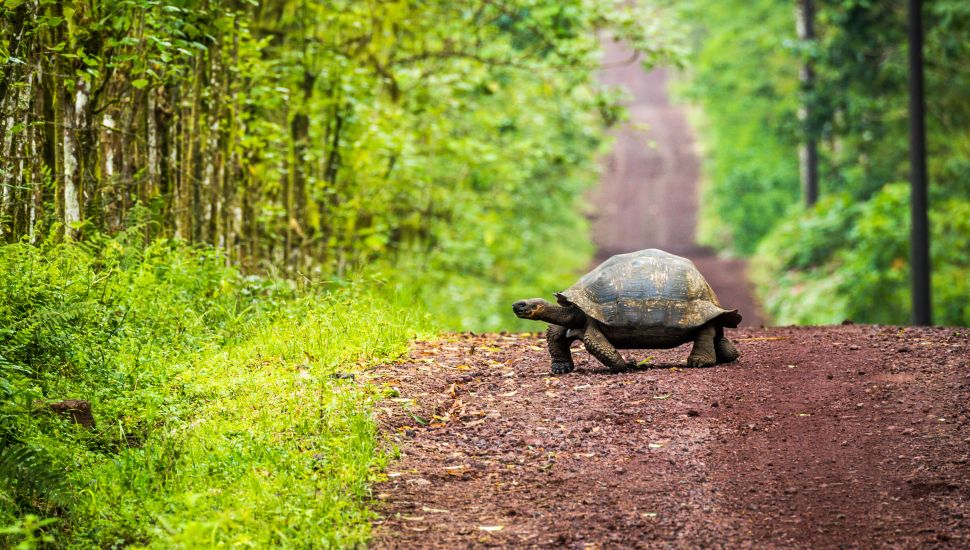
The legendary Galapagos Islands are home to a dazzling array of animal life, including giant tortoises, Darwin's finches, marine iguana, Galapagos penguins, sea-lions and flightless cormorants. It was the first place to receive a Natural World Heritage Site listing back in 1978. Since then the Directorate of the Galapagos National Park has ensured tourism doesn't harm the animal residents of these unique islands.
Iceland
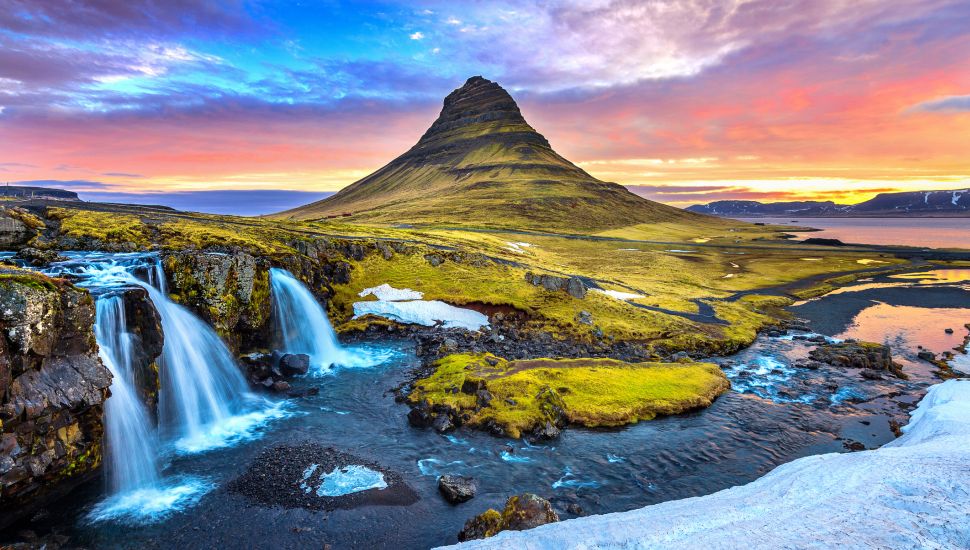
Tourists are flocking to Iceland, whose dramatic mountains, waterfalls and thermal lakes have appeared everywhere from Instragam to Game of Thrones. The Icelandics have always had an eco-friendly bent, but upholding the nation's green credentials is now more important than ever. You might choose to travel by bike, on foot or even on horseback to reduce the impact of traffic on the roads; and instead of a hotel you may decide to camp (if it's summer) - but remember to take your rubbish home with you!
Get a Quote